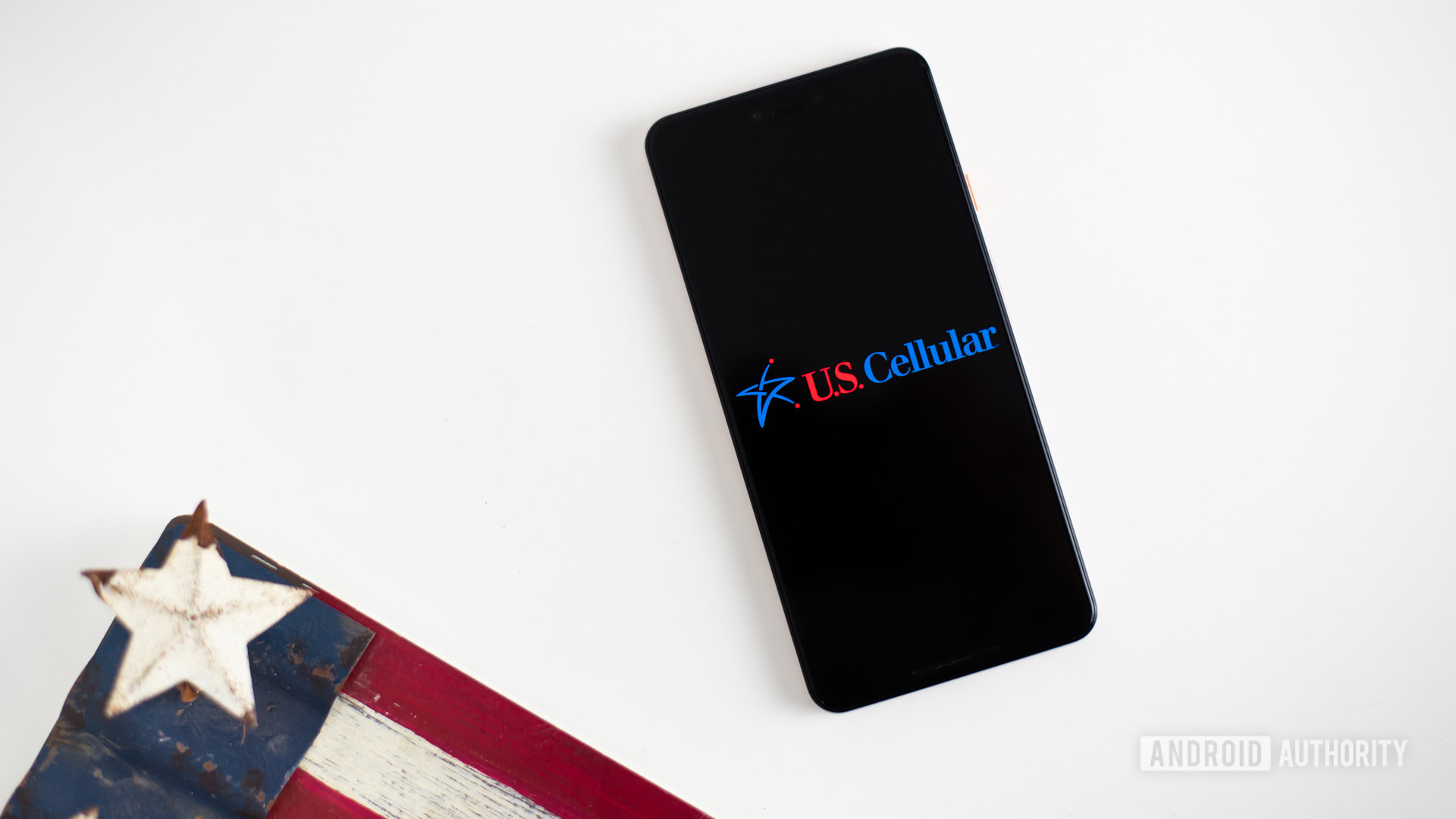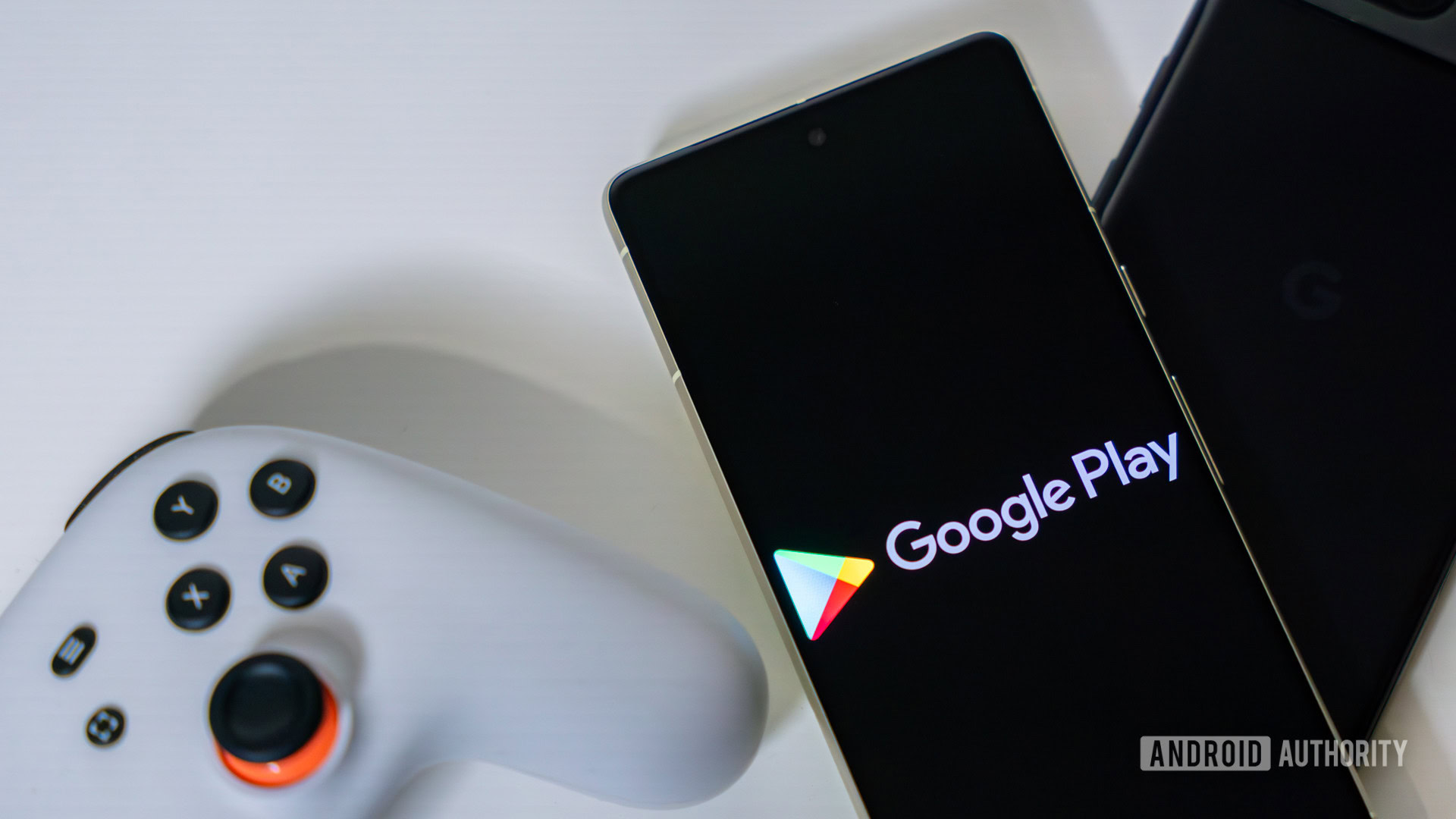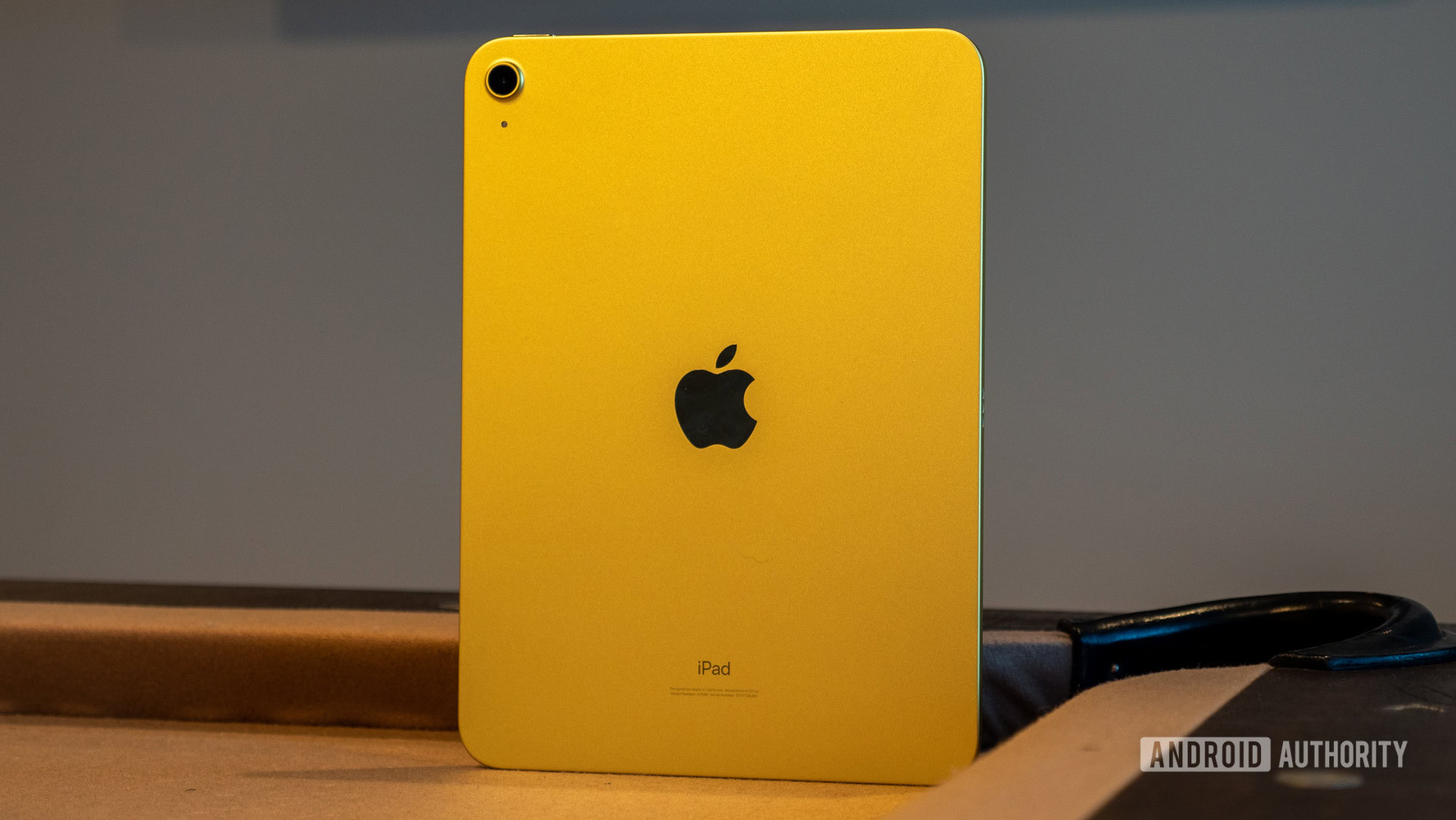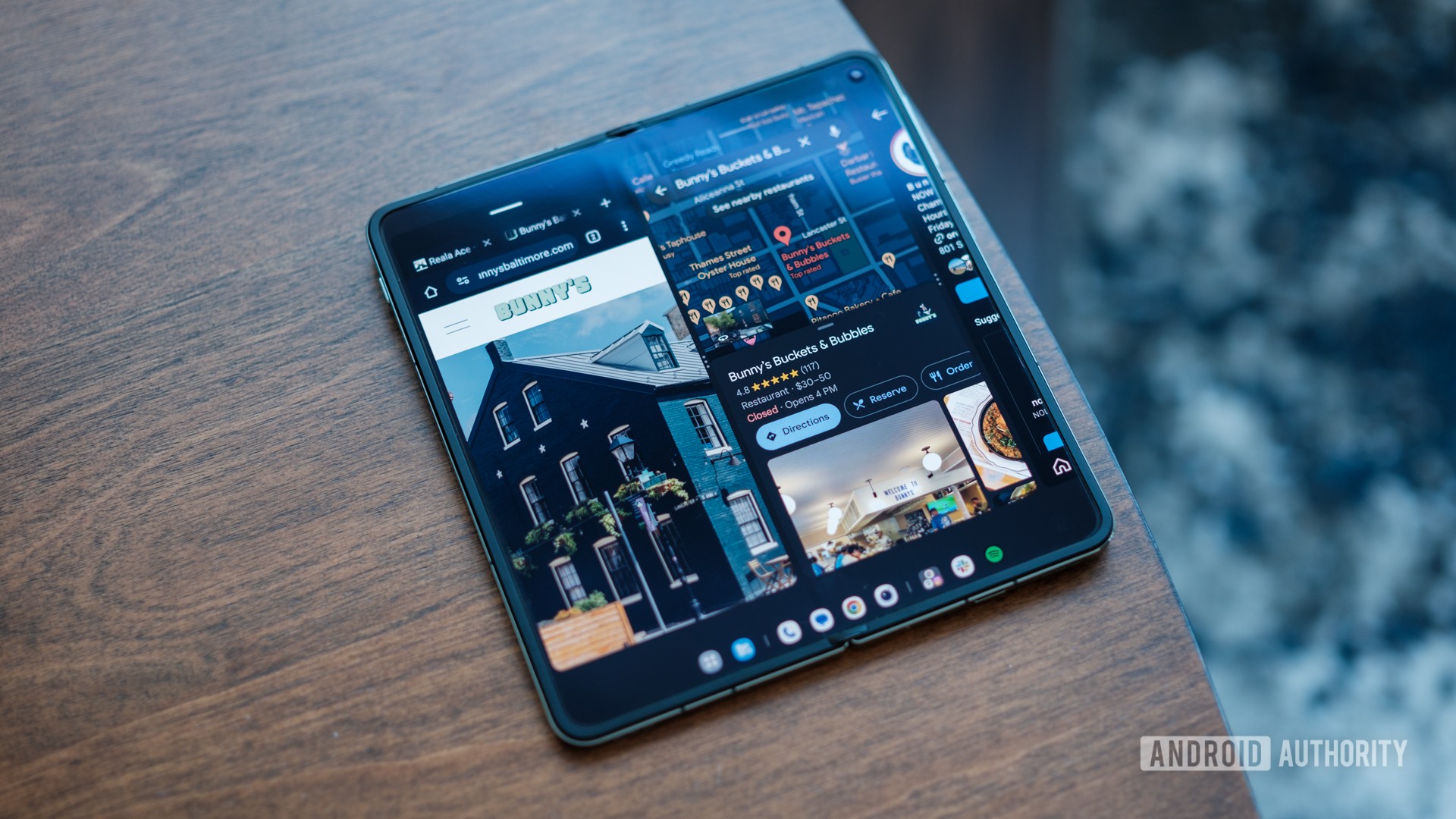
Edgar Cervantes / Android Authority
TL;DR
- US Cellular just announced a $1 billion deal to sell some of its wireless spectrum to AT&T.
- Last month, US Cellular announced a $1 billion spectrum sale to Verizon.
- Earlier this year, US Cellular struck a major $4.4 billion deal with T-Mobile, selling much of its business assets.
US Cellular has announced a significant $1.018 billion deal to sell portions of its spectrum to AT&T. The transaction is part of US Cellular’s larger plan to “opportunistically monetize” its unused assets following the initial sale of the majority of its business to T-Mobile earlier this year.
So, what exactly is being sold here? The transaction includes two key chunks of spectrum: the 700 MHz band, which is great for expanding coverage to rural and hard-to-reach areas, and the 3.45 GHz band, designed for high-capacity 5G service, which is expected to make AT&T’s 5G faster and more reliable in busy cities. Together, these additions should help AT&T expand its footprint and improve connectivity nationwide.
US Cellular CEO Laurent Therivel expressed confidence that AT&T’s expanded spectrum will serve communities across the US, saying, “We are pleased with the significant value that will be realized in the various transactions recently announced.” He also noted that the agreement includes steps to ensure US Cellular customers receive uninterrupted service during the transition.
This isn’t the first time US Cellular has sold spectrum recently. In fact, earlier this year, the company made a larger sale to T-Mobile, transferring a significant share of its network business and spectrum in a $4.4 billion transaction. Verizon also recently acquired a slice of US Cellular’s licenses for $1 billion, as smaller carriers like US Cellular find it harder to compete in a market dominated by three big players.
For the average consumer, these sales reflect a larger shift in the telecom market. With regional players increasingly struggling to keep up, the market is becoming more concentrated around the top three — leaving customers with fewer options. While the promise of better 5G sounds exciting, reduced competition often means higher prices and fewer choices in the long run.
However, the deal also highlights the strategic choices facing smaller carriers like US Cellular in the current market. By monetizing its spectrum assets, US Cellular can reinvest in its network and explore new opportunities to stay competitive.
Got a tip? Talk to us! Email our staff at [email protected]. You can stay anonymous or get credit for the info, it's your choice.








 English (US) ·
English (US) ·